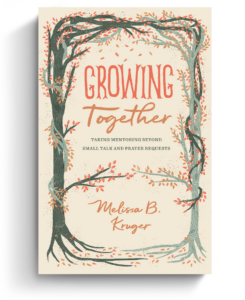
Compromise or Truth: When Gospel Contextualization Goes Too Far
Contextualization is essential in sharing the gospel, but it must be done without compromising biblical truth. This delicate balance becomes particularly challenging in our emotion-driven culture.
Consider this real example: At a Christian youth rally, a worship leader took the song "There Is None like You" - meant to praise God's incomparable nature - and redirected it to affirm the teenagers present. While well-intentioned, this approach prioritized emotional comfort over theological accuracy.
Our emotions are God-given and play a vital role in Christian life. The Psalms demonstrate how feelings can be appropriately expressed through worship, prayer, and song. However, in today's postmodern therapeutic culture, emotions have become the central authority in people's lives, often overriding objective truth.
Contextualization means adapting the gospel to make it understandable and relevant within specific cultural settings, following Paul's example of becoming "all things to all people" (1 Cor. 9:22). But we must resist the temptation to water down biblical truth for the sake of emotional appeal or cultural acceptance.
Jonathan Edwards' concept of "holy affections" offers valuable guidance. Rather than suppressing emotions, we should allow God's Word to shape our feelings about life, relationships, values, and morality. When properly aligned with Scripture, emotions become holy affections that:
- Lead us to love what God loves
- Help us hate what God hates
- Enable us to pursue true biblical justice
- Draw us deeper into communion with the Lord
The gospel naturally stirs emotions - conviction, joy, sorrow, and hope. These responses are appropriate when grounded in Scripture's truth rather than cultural trends or self-gratification. Our challenge is maintaining biblical fidelity while effectively reaching people in their cultural context.

Book cover: Growing Together
Remember: effective contextualization requires submitting every aspect of our lives, including our emotions, to Christ's authority. When our affections are Scripture-based, we can navigate cultural engagement without compromising gospel truth.
Related Articles

Congregational Singing: It's Not Just About God, It's About Each Other

